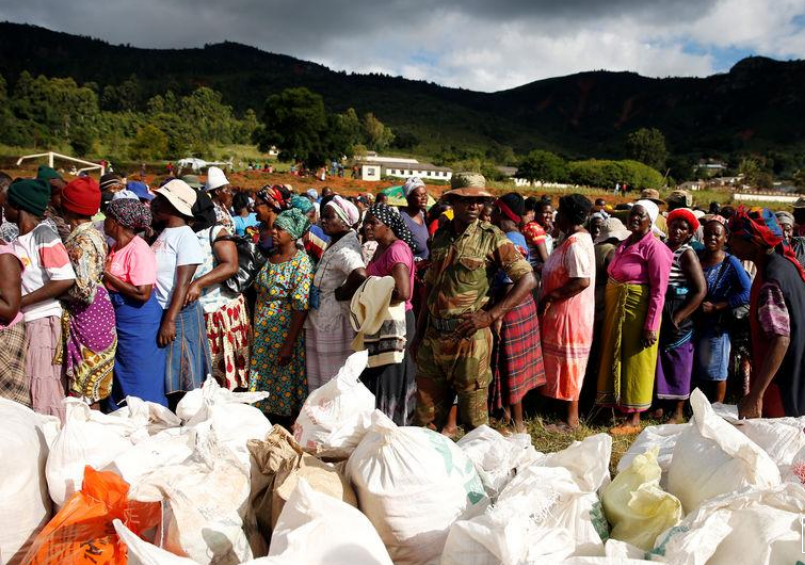
UNECA projects COVID-19 could push 29 million Africans into extreme poverty

The United Nations Economic Commission for Africa (UNECA) on Wednesday projected that the ongoing COVID-19 pandemic could push 29 million people into extreme poverty across Africa.
“Africa was already witnessing the economic impact of the COVID-19 crisis even before its impact on public health and may see its growth slow down by 1.8 to 2.6 percent of GDP, which could push 29 million people into extreme poverty,” the UNECA said in a statement issued on Wednesday.
The ECA further stressed that the containment measures established in 42 African countries to protect populations from the COVID-19 pandemic “have already cost the region some 69 billion U.S. dollars per month and are expected to have a negative impact on the implementation of the Sustainable Development Goals (SDGs) in the region.”
Vera Songwe, UN Under Secretary-General and Executive Secretary of the UNECA, also on Wednesday stressed the urgent need to set COVID-19 recovery milestones across the continent in an effort to mitigate the impact of the pandemic.
“We are yet to know how long the COVID-19 crisis will last, but we need to set the milestones for recovery now,” the ECA chief told a webinar on “Rethinking the economy and academic paradigms in post-COVID-19 Africa.”
The ECA chief also elaborated on a number of issues that are critical for the development of post-COVID-19 crisis exit strategies, which include improving economic governance to ensure funds benefit those who need them the most, developing the digital economy, mitigating the impact of climate change, redesigning financial systems for better use of domestic financial resources such as African pension funds and reviving regional consumption through the African Continental Free Trade Area.
The webinar also provided participants with an opportunity for an initial discussion on how to rebuild African economies and re-design the study of economics to make it fit for purpose to African countries.
Some African economists argued for monetary integration of the continent as a pivotal measure for moving forward.
Various challenges were discussed such as the informal sector, where workers have been particularly negatively impacted by the crisis. Additionally, discussions touched on access to the Internet and its impact on a continent where only a minority of the 330 million children unable to go to school have been able to study online as only 20 percent of Africans have access to stable internet connectivity. Participants also called for the redistribution of value chains and the development of African pharmaceutical industries. In this regard, panelists said it was necessary for the African diaspora to lead on technology transfer to the continent and for countries to master it.
Other topics raised during the webinar also include opportunities to digitize African economies and to rethink the architecture of African universities so that students can enjoy better access to quality education from home.
On Wednesday, the Africa Centers for Disease Control and Prevention (Africa CDC) disclosed that the number of confirmed COVID-19 cases across the African continent surpassed 158,318 as the death toll from the ongoing pandemic surged to 4,508 as of Wednesday afternoon.
The continental disease control and prevention agency also disclosed that some 67,630 people who have been infected with the COVID-19 have recovered across the continent so far.






